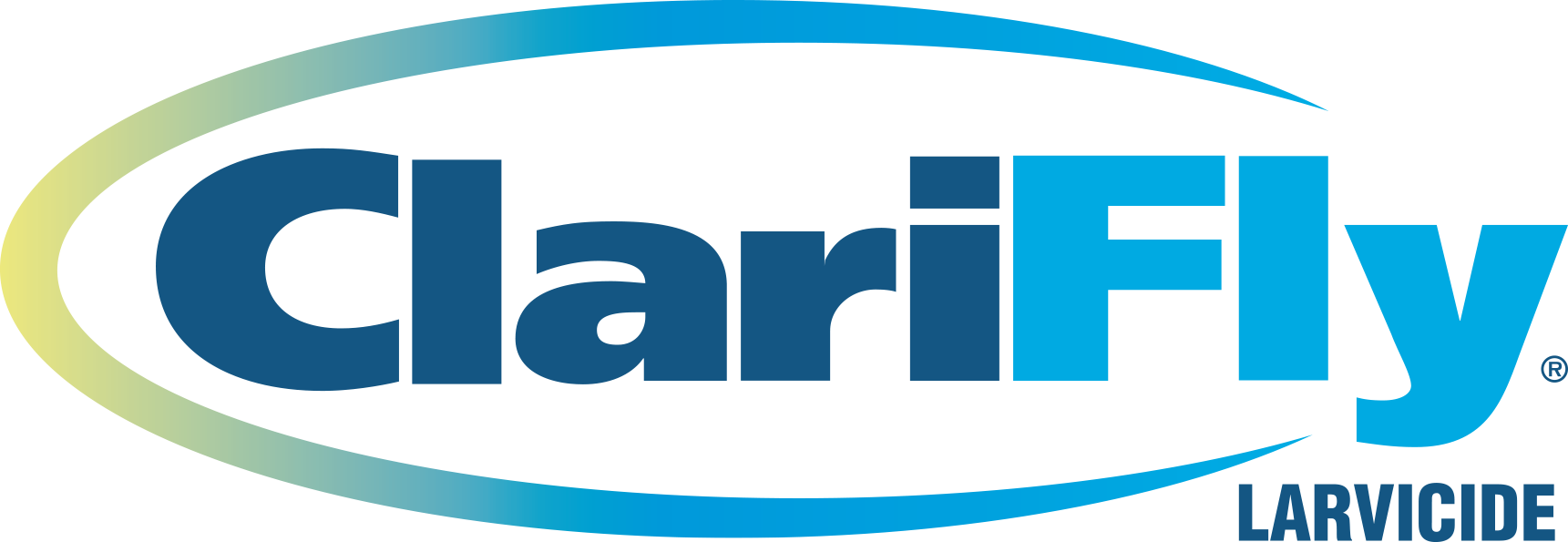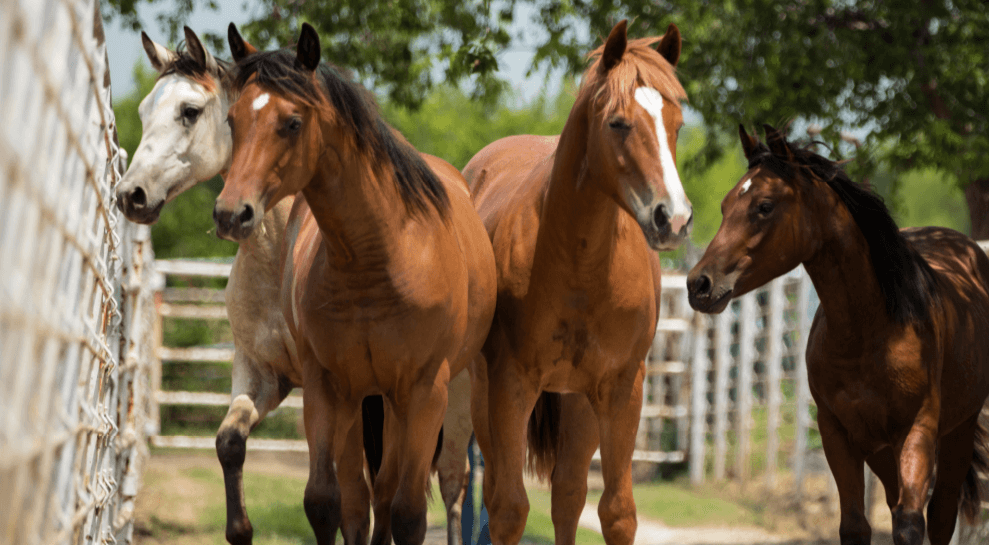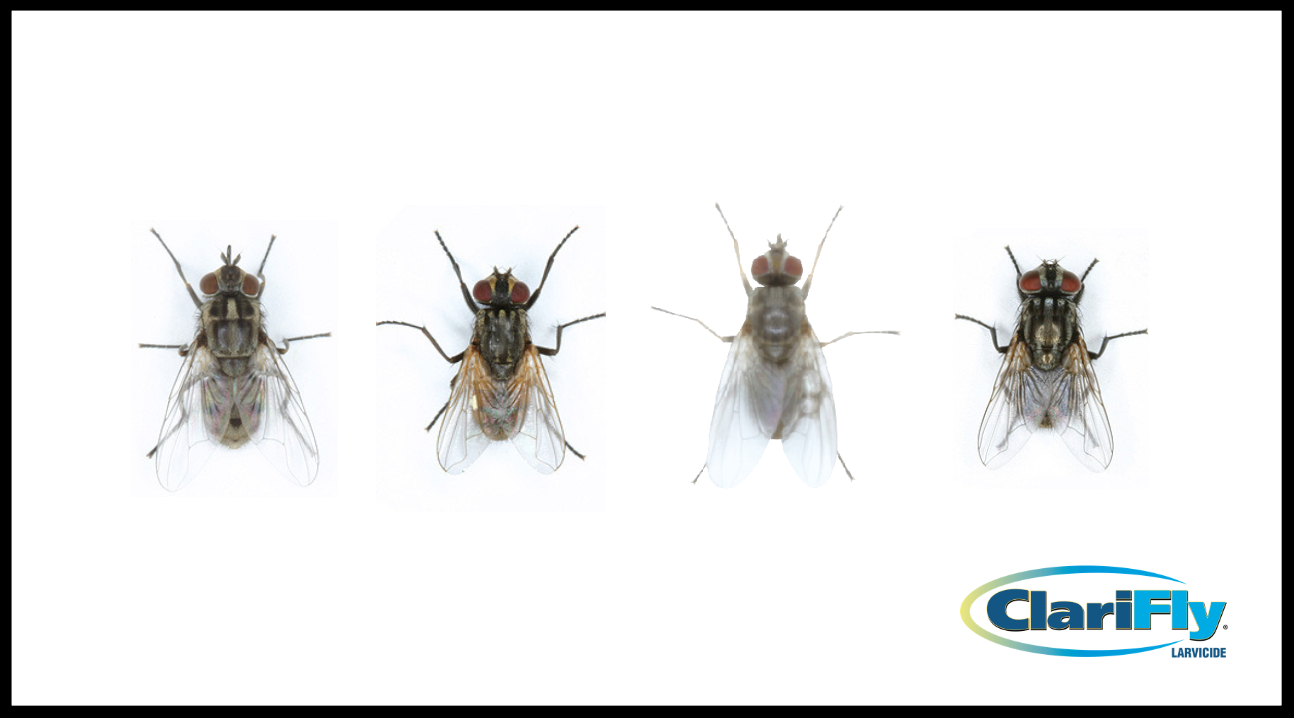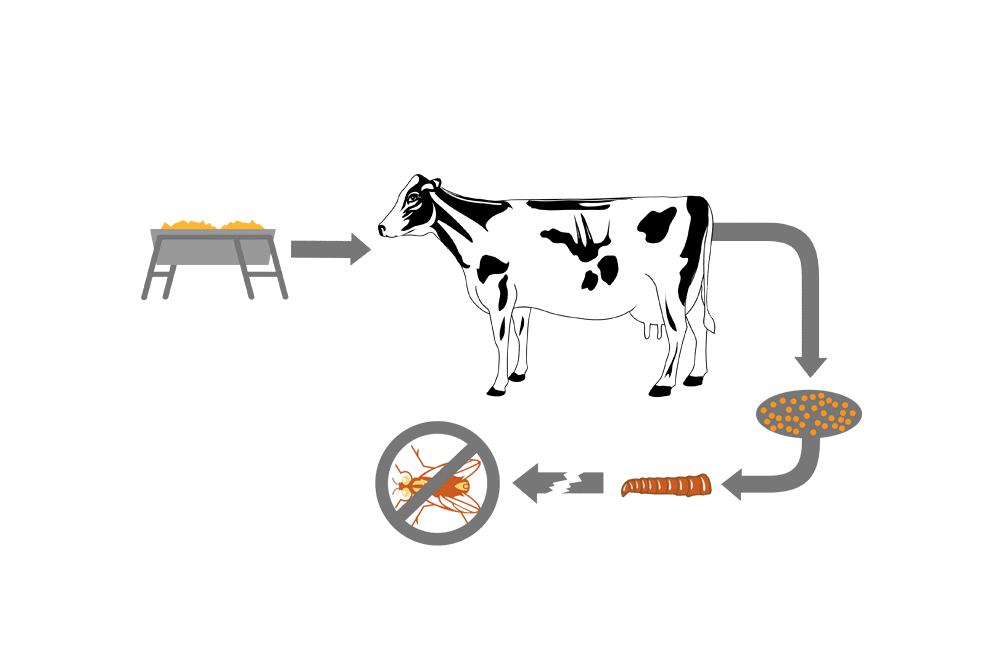Protect Horse Comfort by Remembering These Four H’s
Equine comfort is not as much an issue of economics as it is quality of life. Keeping your horses happy, healthy and comfortable is the primary goal of any equestrian. To reduce stress for horses and ensure their comfort, consider these four “H’s”:
Hydrate
Needing to drink an average of 8-12 gallons of water a day, fresh water should always be always available to horses. Just like humans, thirst and an empty stomach can cause stress on horses, so keep them hydrated! Horses are trickle feeders, meaning they need to eat small amounts of food all day to keep their digestive system functioning normally. Because horses sleep in 15-20 minute increments and spend most of the night awake, hay should also always be available to them throughout the day and night.
Hit the Hay
Well-rested horses are often healthier and less stressed. To promote good sleep, proper bedding should be available to your horses. The best equine bedding is chosen with climate, season and horse health in mind. If your horse is in a colder climate, bedding that wicks moisture will help keep your horse warm. For horses who have medical needs, such as a horse on stall rest, consider bedding that provides extra cushioning like peat moss. If there are horse respiratory issues, bedding with low or no dust would be best for their health.
Hinder Fly Populations
Swishing tails, head bobbing and stomping hooves are all signs of insect stress on horses. One of the biggest nuisance pests for horses are flies. Fly populations can get out of control quickly if a proper fly management program is not in place. More than just a nuisance, flies can cause real health concerns for horses and other livestock. A known vector of over 65 diseases, house flies feed on animal waste and rotting garbage. Inflicting painful bites that can send horses into a frenzy, stable flies will feed on blood from horses, livestock, pets and even humans. Reduce the stress and pain flies inflict on horses by hindering these fly populations. For effective control, implement an integrated pest management program established around a feed-through fly control product like ClariFly® Larvicide and baits, traps and sprays like those in the line of Starbar® Professional Products.
Hot to Trot
When a horse spends the day in the warm sun, handlers should be attentive to signs of equine heat stress. Signs of a dehydrated horse are lethargy, dry or sticky mucous membranes and sunken eyes. Incorporating more summer bathing can help keep horses’ skin cool and clear out bacteria that builds up from sweat, which will lower the risk of infection. Having shady spots and water always available for horses will also reduce the risk of heat stress.
Incorporating ClariFly® Larvicide into your equine feed will help improve the life of your animal as well as the environments where they live. ClariFly® Larvicide, a feed-through technology, decreases the development of flies in the manure of horses by as much as 96.7% when part of an integrated approach to insect management.
Learn more about keeping your horses comfortable with this resource.



